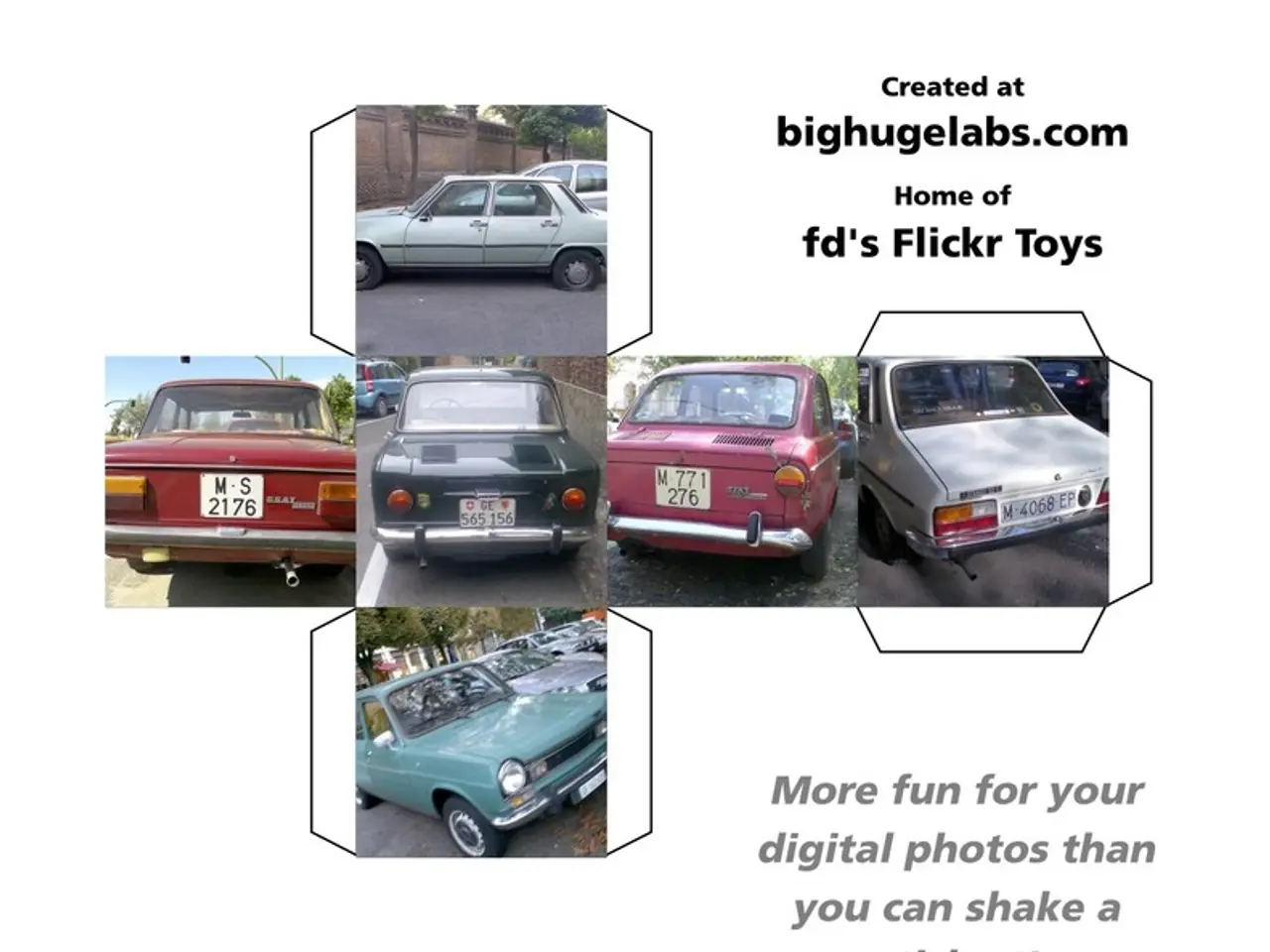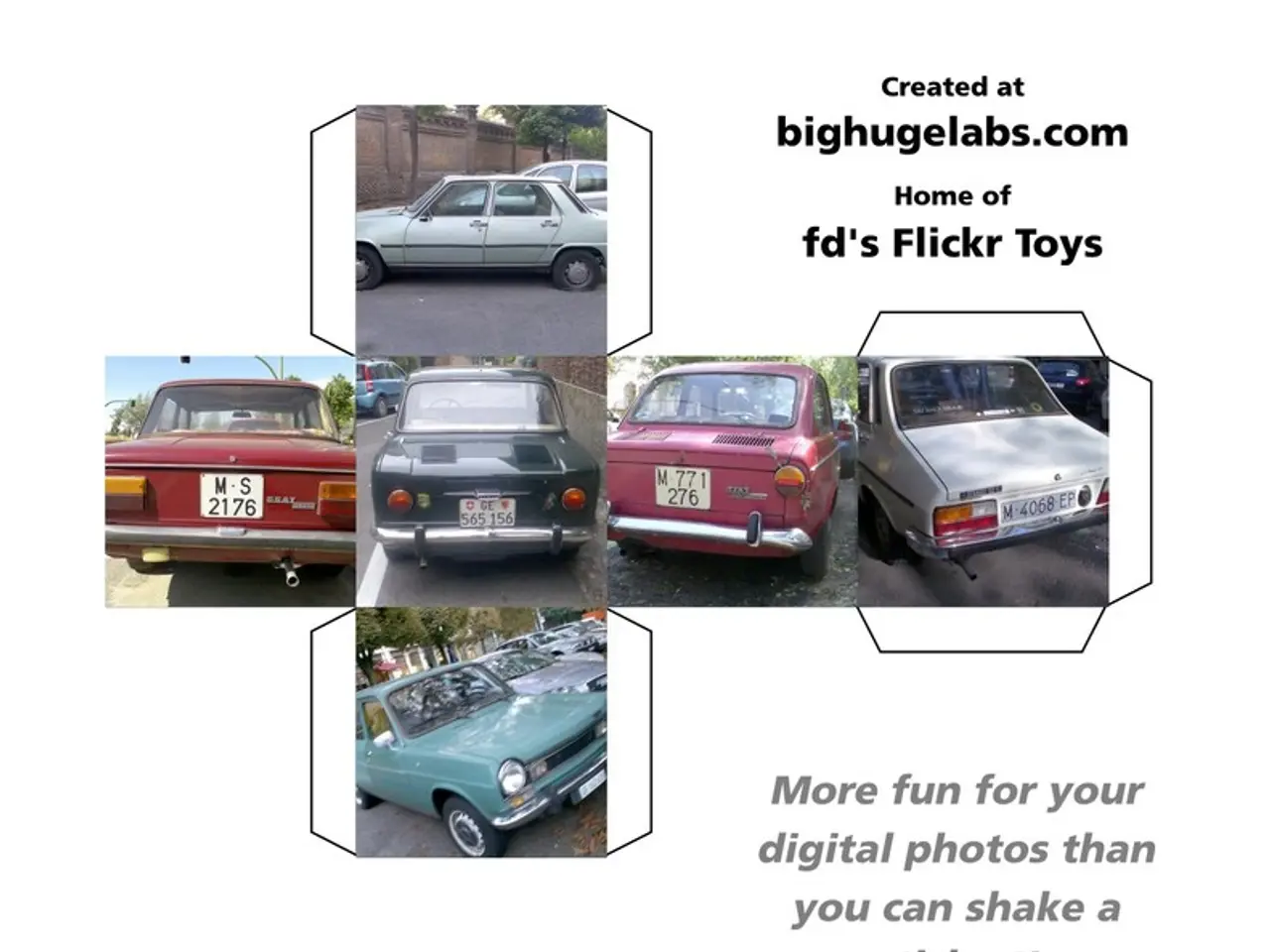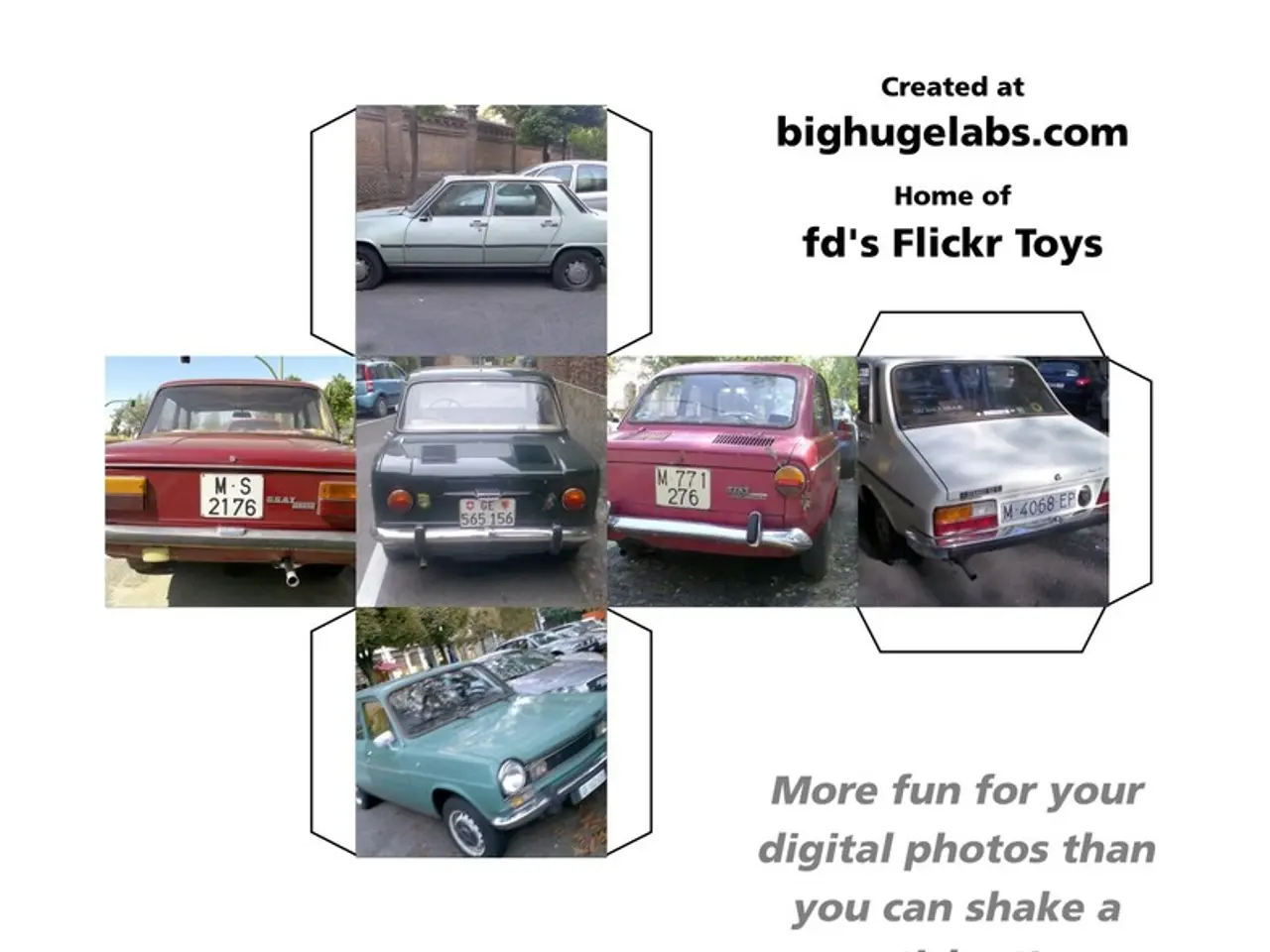Shift in NHTSA Policy Accelerates Anticipated Launch of Tesla's Cybertruck Cab Model
The U.S. National Highway Traffic Safety Administration (NHTSA) has announced a significant policy change aimed at fast-tracking the launch of driverless vehicles, including Tesla's futuristic Cybercab. This policy shift could potentially streamline the deployment of Tesla's fully autonomous vehicles and other driverless vehicles on public roads.
The revised policy involves a streamlined "Part 555" exemption process, which allows automakers to bypass certain federal safety requirements for new technologies. Under this updated process, manufacturers can produce and sell up to 2,500 vehicles per year that do not comply with traditional Federal Motor Vehicle Safety Standards (FMVSS), such as vehicles without steering wheels, pedals, or mirrors.
Key features of the updated exemption process include faster approvals, improved transparency and guidance, flexible oversight, and a safety demonstration requirement. The application processing time has been reduced from years to just months, helping companies like Tesla bring driverless vehicles to market more quickly. NHTSA provides clearer application instructions and better communication with manufacturers, allowing them to submit stronger and more complete exemption requests without excessive back-and-forth.
The exemption framework is designed to evolve alongside advancing technology, permitting updates and adjustments as autonomous driving systems mature. Manufacturers must still demonstrate that their noncompliant vehicles provide a safety level equivalent to compliant vehicles and prove that the exemption is in the public interest.
This updated process reflects NHTSA’s commitment to balancing innovation with safety, reducing red tape, and supporting U.S. companies to compete globally in autonomous vehicle development. It especially benefits purpose-built automated vehicles like Tesla’s driverless Cybercab by facilitating earlier commercial deployment.
Equipped with Tesla's Full Self-Driving technology, the compact and sleek Cybercab is designed to provide "safe & low-cost premium point-to-point electric transport." Tesla CEO Elon Musk recently announced a June 22 launch date for the company's robotaxi pilot program in Austin, Texas, suggesting that the policy change could make the deployment of Tesla's Cybercab on public roads sooner.
The policy change could potentially apply to cities exploring AV pilot programs, leading to a more modern approval process for driverless vehicles and potentially streamlining the launch of other driverless vehicles besides Tesla's Cybercab. The reduced red tape could be a consequence of the policy change, further accelerating the development and deployment of autonomous vehicles in the United States.
The revised "Part 555" exemption process, initiated by NHTSA, allows companies like Tesla to bypass certain federal safety requirements for new technologies, such as vehicles without steering wheels, pedals, or mirors, in the context of the transportation industry. This updated policy, focused on autonomous vehicles, could potentially speed up the finance-driven deployment of driverless vehicles like Tesla's Cybercab, thereby fostering growth in the technology sector.




